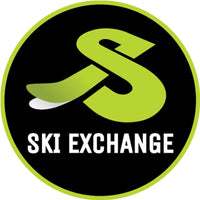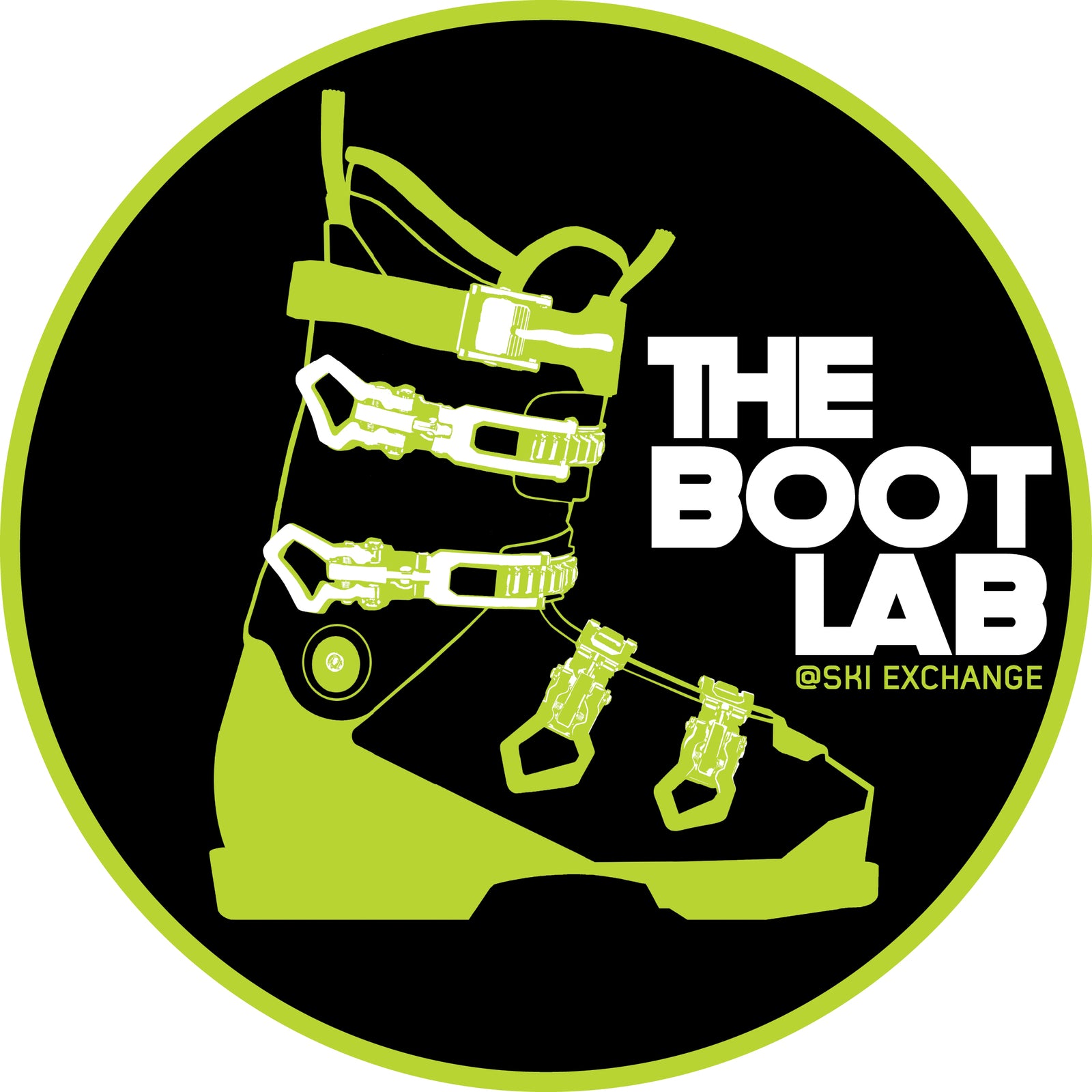How do I know if my ski boot has the right flex?
Skiing has many meaningful benefits for your physical and mental health. However, if you are new to skiing, you will naturally need to make sure you have the right equipment for this pursuit.
This gear will include ski boots — but the right ones for you won’t necessarily be those that feel “just right” when you slip them onto your feet in a shop. Indeed, we offer our own ski boot assessment service, as we know you also need to consider the flex of your specialist footwear.
What is a ski boot’s ‘flex’?
Obviously, you will want your ski boots to be just the right shape and size to make you feel comfortable when you sit or stand wearing them. However, what about when you walk or run (or for that matter, ski) while wearing them? In the process, do they bend easily enough to stay comfy?
How well a ski boot bends is basically its “flex”. While wearing a boot, you can generally test its flex by attempting to simultaneously bend the knee above the boot and lean forward.
If you find your knee relatively easy to bend, your boot has a softer flex. Conversely, if the boot is too rigid to let you bend very far with it, the flex is stiffer.
Why is a ski boot’s flex important?
The flex of your ski boots determines how well you can transmit energy from your body to your skis while on the slopes. With the right flex, you will have more control over your performance and the rate at which you improve. By contrast, the wrong flex will leave your legs sore.
What is the ‘flex index’?
This is a more formal way of recording a ski boot’s stiffness (though not entirely formal, as we will explain). The idea is that the flex is measured on a number scale (generally in the region of 60 to 140, although you might sometimes see flex numbers on either side of this range).
The higher the number, the stiffer the flex; the lower the number, the softer the flex. However, the flex index system isn’t standardised between ski boot manufacturers.
So, if a 90-flex boot from one brand seems to strike just the right balance for you, ski footwear of the same flex number from a different manufacturer is not guaranteed to work just as well on your feet.
What factors can affect a ski boot’s flex?
The ski boot flex is influenced by a wide range of potential variables. These include the material and thickness of the boot’s outer shell and inside liner, the quantity and material of the buckles, and the strength of the velcro “power strap” at the top of the boot’s collar.
Nonetheless, you don’t have to struggle to find just the right flex for your personal needs, as we can soon find it on your behalf — with a ski boot assessment at our shop just outside Cambridge. Using our website, you can quickly and easily book an appointment with us.

